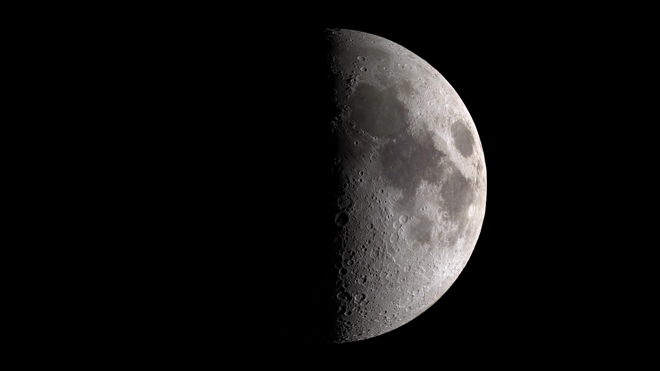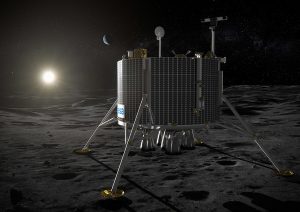
Russia and Europe are to launch a joint mission to the dark side of moon.
The European Space Agency (ESA) is set to join Russia in its ambitious plan to colonize the Moon.

BYPASS THE CENSORS
Sign up to get unfiltered news delivered straight to your inbox.
You can unsubscribe any time. By subscribing you agree to our Terms of Use
Latest Video
They will provide key tech for the exploration mission which is planned for 2020, and possibly help construct a permanent base there.
RT reports:
Announced by Russia’s space agency Roscosmos last November, Luna 27 is a robotic lander that will land in the South Pole–Aitken basin, a giant crater on the dark side of the Moon, and prospect it for resources that could be utilized by future moon-dwellers.
“The south pole of the Moon is unlike anywhere we have been before,” James Carpenter, ESA’s lead scientist on the project told the BBC earlier this week. “The environment is completely different, and due to the extreme cold there you could find large amounts of water-ice and other chemistry which is on the surface, and which we could access and use as rocket fuel or in life-support systems to support future human missions we think will go to these locations.”

For the mission, ESA is expected to supply Pilot, a landing system that uses laser guidance and a set of sophisticated cameras to pick the best spot for exploration, and a revolutionary drill that will burrow 2 meters under the surface. The Europeans will also construct an on-board lab that can immediately analyze the samples.
Although scientists and engineers are already working on blueprints for the project, European officials will only ratify their involvement in Luna 27 in late 2016.
Roscosmos’ lead scientist on the project, Igor Mitrofanov, has called on ESA to buy into Russia’s endeavor.
“We have to go to the Moon. The 21st Century will be the century when it will be the permanent outpost of human civilization. Our country has to participate in this process, and we have to do it together with our international colleagues,” the professor at the Space Research Institute in Moscow told the BBC.
Whatever results it yields, Luna 27 is just a test of cooperation between the space agencies, and a step towards bigger goals.


